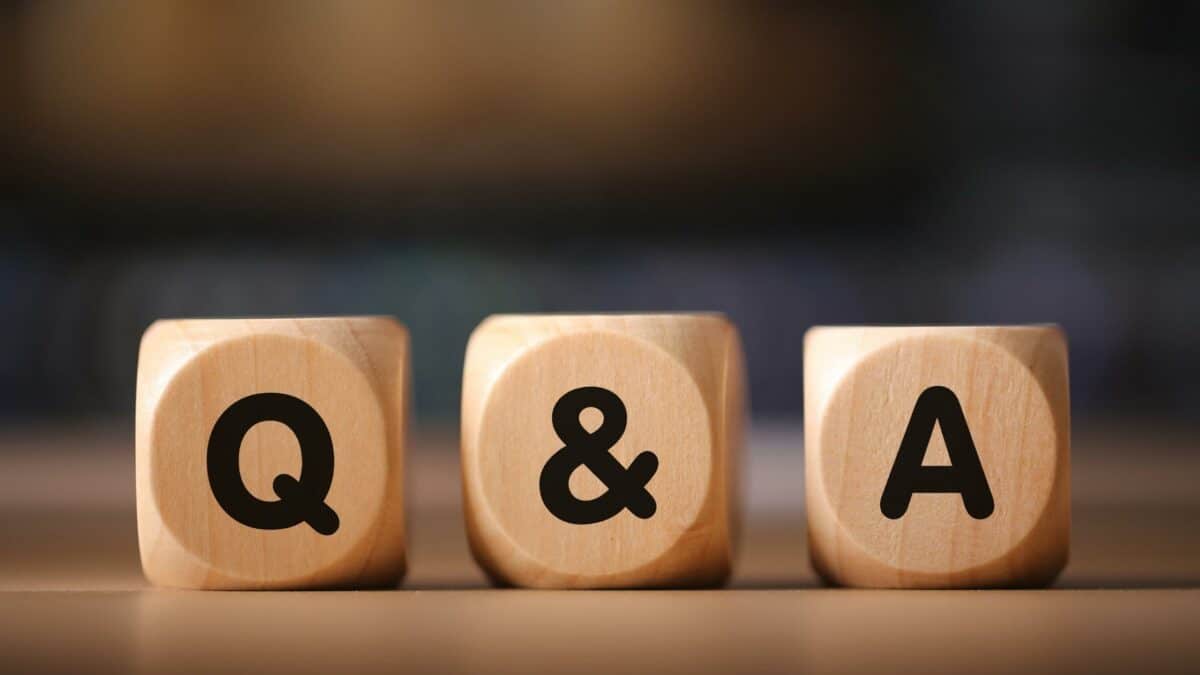Hearing loss impacts over 48 million people, making it the third most common health condition people live with today. Even though hearing loss is pervasive, there still remains lots of misconceptions about it which often contributes to a delay in seeking treatment. In fact, only one third of people who could benefit from treatment actually receive it. We’ve compiled responses to common questions about hearing loss that can help expand what you know.
- Does hearing loss only impact older adults? One of the most common misconceptions about hearing loss is that it only impacts older adults. Why aging is a major cause of hearing loss and the risk of experiencing impaired hearing increases with age, this is not the only cause. There are several other factors that can cause hearing loss including noise exposure and head injuries which actually impact younger adults more.
The World Health Organization (WHO) estimates that over 1 billion people (ages 12-35) are at highest risk of developing noise induced hearing loss caused by listening to audio from personal devices as well as excessive noise exposure in social settings. Additionally, over 3 million head injuries occur every year and the most impacted group is young adults (due to engagement in sports).
- If I can still hear, do I have hearing loss? Hearing loss exists on a spectrum, ranging from mild to profound. Early signs of hearing loss include being able to hear but not as clearly. You may find yourself increasing the volume on the TV or phone, asking others to repeat themselves, or missing a few words here and there. Being able to still hear means that you have hearing that should be protected. Having untreated symptoms can worsen impairment and exacerbate symptoms. So if you are able to hear but you know that you may not be hearing as well as you did before, this should be comprehensively evaluated by a hearing healthcare specialist.
- How is hearing loss treated? The first step taken to address hearing loss is a hearing test. This involves a painless process that evaluates hearing capacities in both ears. The most common way hearing loss is treated is with hearing aids. These are electronic devices that are designed to absorb, amplify, and process sound. There is a wide range of hearing aid options and your hearing healthcare provider will help you select a device that best meets your hearing needs.
- How do hearing aids work? Hearing aids are equipped with savvy technology that absorbs and processes speech as well as sound. The device’s microphone absorbs soundwaves from the environment and converts them into electrical signals. The hearing aid amplifies these signals and sends them to the speaker. The speaker then sends these signals to the inner ear where they are further processed. All hearing aids are powered by either disposable batteries or a rechargeable battery.
- Are all hearing aids the same? Though all hearing aids consist of the same basic components (listed above), they differ when it comes to style and features. Hearing aid styles, or types, describes how the hearing aid is worn. Manufacturers use three letter acronyms to describe the hearing aid style. This includes behind-the-ear (BTE) and in-the-ear (ITE) hearing aids.
Additionally, there is a wide range of hearing aid features and technologies that are designed to deliver quality sound and more connectivity. Today’s hearing aids have experienced significant innovation, allowing them to do more and integrate seamlessly into daily life. Common features include wireless connectivity, tinnitus management, digital noise reduction, directional microphones, and much more.
- How much maintenance do hearing aids need? Hearing aids are worn daily and are subject to the impact of daily wear and tear. This means that they should be cleaned regularly. It is useful to establish a maintenance routine that includes a soft and dry cloth to thoroughly wipe down your device, removing any earway or other substances that may have accumulated. Doing this nightly, after removing your device prior to bed is a great way to effectively and consistently clean your hearing aids.
Contact us to learn more about hearing loss and the resources as well as services that are available to you. We look forward to helping you prioritize your hearing health.

